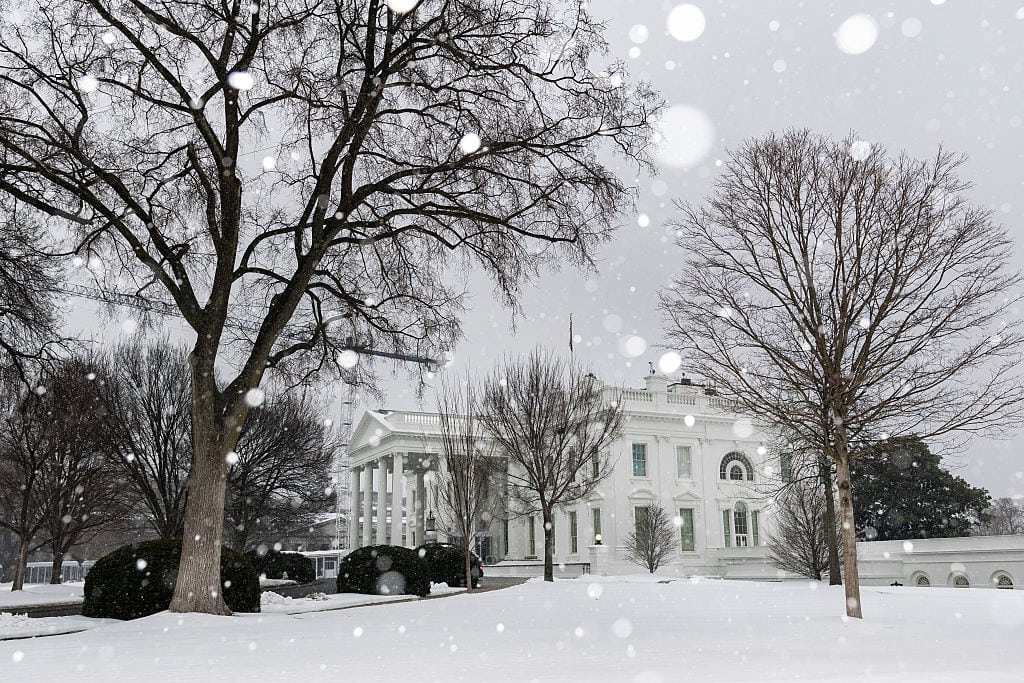Don’t Feel Guilty About Celebrating Christopher Columbus – a Man on a Mission for God

The United States Federal Government recognizes eleven holidays, including Columbus Day, which will be celebrated this coming Monday.
Or maybe not.
Just sixteen states actually recognize and laud the great Christopher Columbus, the Italian-born explorer whose historic expedition in 1492 first connected the old world to the new. In many states, it’s just another date on the calendar – or perhaps “Indigenous People Day” – a designation fanned by critics of the famed explorer.
Nick Tilsen, president and CEO of NDN Collective, “an Indigenous-led organization dedicated to building Indigenous power,” Columbus was a villain and tyrant with ill motives who just happened to accidentally stumble upon the Americas. And it gets worse. According to Tilsen, Columbus’ actions led to the deaths of millions of innocent people.
“For this country to celebrate that history is absolutely disrespectful,” he recently told NBC News.
Tilsen might be onto something if that’s who Columbus was, but it wasn’t – and not by a lot.
History revisionists make a living shading truth and ignoring inconvenient facts altogether. A popular anti-Columbus storyline is that he was simply seeking fortune and fame at the expense of others. It’s just not true.
A devout believer in Jesus Christ, all we need to do is read Christopher Columbus’ own words about his motivation for the expedition:
“It was the Lord who put into my mind (I could feel His hand upon me) the fact that it would be possible to sail from here to the Indies,” he wrote. “All who heard of my project rejected it with laughter, ridiculing me. There is no question that the inspiration was from the Holy Spirit, because he comforted me with rays of marvelous illumination from the Holy Scriptures, a strong and clear testimony from the 44 books of the Old Testament, from the four Gospels, and from the 23 Epistles of the blessed Apostles, encouraging me continually to press forward, and without ceasing for a moment they now encourage me to make haste.”
What’s clear from reading the explorer’s own reflections is that he didn’t simply see himself as a hired, adrenaline-induced adventurer, but as a missionary in search of new people and new pathways to share the Good News of Jesus Christ.
Just consider this additional entry from Columbus’ own pen:
“I prayed to the most merciful Lord about my heart’s great desire, and He gave me the spirit and the intelligence for the task: seafaring, astronomy, geometry, arithmetic, skill in drafting spherical maps and placing correctly the cities, rivers, mountains and ports. I also studied cosmology, history, chronology and philosophy.”
The current spirit of the age is a dark and cynical one. Critics of the Christian faith find it impossible that any person would risk life and limb for noble purposes. They contend there must be an ulterior, selfish motive.
The late Harvard-trained historian Samuel Eliot Morison, who passed away in 1976, wasn’t blinded by such skepticism. He didn’t try and canonize the explorer but saw him for who he was – adventurous and imperfect.
“Columbus was a Man with a Mission, and such men are apt to be unreasonable and disagreeable to those who cannot see the mission” he wrote. “Men may doubt this, but there can be no doubt that the faith of Columbus was genuine and sincere, and that his frequent communion with forces unseen was a vital element in his achievement. It gave him confidence in his destiny, assurance that his performance would be equal to the promise of his name. This conviction that God destined him to be an instrument for spreading the faith was far more potent than the desire to win glory, wealth, and worldly honors, to which he was certainly far from indifferent.”
So, go ahead and celebrate Christopher Columbus – even those of you in the 34 states who seem determined to erase him from memory. But don’t just laud him for his discovery and bravery – but also for his commitment and conviction for telling the world about Jesus Christ.
Photo from Getty.
ABOUT THE AUTHOR
Paul J. Batura is a writer and vice president of communications for Focus on the Family. He’s authored numerous books including “Chosen for Greatness: How Adoption Changes the World,” “Good Day! The Paul Harvey Story” and “Mentored by the King: Arnold Palmer's Success Lessons for Golf, Business, and Life.” Paul can be reached via email: Paul.Batura@fotf.org or Twitter @PaulBatura




